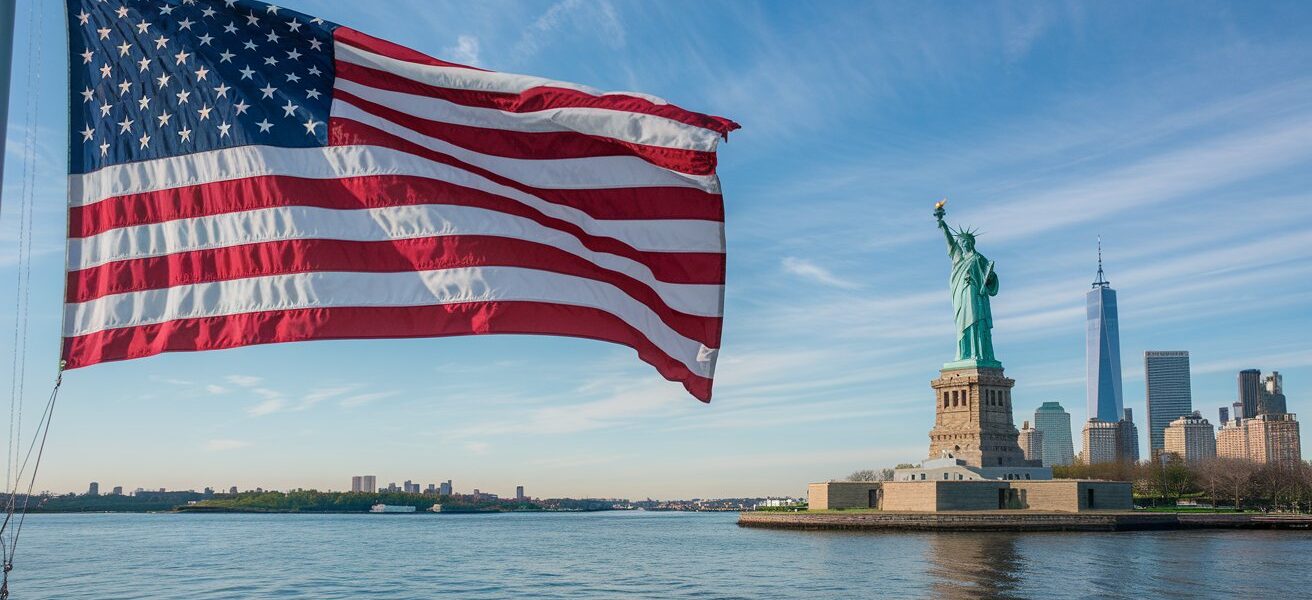Donald Trump once again finds himself at the center of a contentious abortion debate, struggling to solidify a clear stance on the issue. This internal conflict surfaced dramatically when, within a 24-hour span, he wavered on whether to support a Florida ballot referendum aimed at expanding abortion access in the state. The episode highlights Trump’s ongoing challenge in navigating the complex political landscape of abortion rights in a post-Roe America, a landscape that he himself played a significant role in shaping.
Trump’s Initial Indecision Sparks Backlash
On Thursday, Trump hinted that he might support the Florida referendum that seeks to make abortion legal up to the point of viability, generally around 23 or 24 weeks of pregnancy. This suggestion was met with immediate backlash from anti-abortion advocates, prompting Trump to quickly retract his comments the following day. By Friday, Trump clarified that he would not be voting in favor of the referendum, attempting to assuage the concerns of religious conservatives and other anti-abortion voters.
This rapid reversal not only angered anti-abortion activists but also raised concerns within the Republican Party. There is growing fear that Trump’s indecision on such a critical issue could alienate deeply religious voters, who are crucial to his base, especially as the race for the presidency tightens.
Navigating the Post-Roe Political Landscape
Trump’s recent actions underscore the difficulty he faces in managing the new era of reproductive politics. The Supreme Court’s 2022 decision to overturn Roe v. Wade, a move facilitated by the three conservative justices appointed during Trump’s presidency, has thrust abortion rights to the forefront of American political discourse. However, rather than clarifying his position, Trump has oscillated between different stances, reflecting his concern over the potential political fallout.
Initially, Trump sought to distance himself from the national debate by advocating for state-level decisions on abortion access. This stance, intended to end the conversation, has instead fueled further controversy. Trump now faces a difficult task: balancing the demands of anti-abortion activists with the concerns of a broader electorate, many of whom are troubled by the restrictive abortion laws implemented in GOP-led states.
Recent polls suggest that Trump’s struggle with this issue could be detrimental to his campaign. A Quinnipiac University survey found that 55% of voters believe Vice President Kamala Harris is better suited to handle the issue of abortion, compared to just 38% who favor Trump. Moreover, nearly 70% of voters who prioritize abortion rights prefer Harris over Trump, according to a CBS News poll conducted by YouGov.
A Misstep in Florida and Its Repercussions
The consequences of Trump’s waffling were starkly evident during a campaign stop in Michigan, where he attempted to pivot the conversation by proposing universal coverage of in vitro fertilization (IVF) if elected president. However, this promise was met with skepticism, even within his own party. Earlier this summer, Republican senators, including Trump’s running mate JD Vance, blocked a bill containing a similar provision.
The timing of Trump’s proposal was particularly awkward, coming just as the Democratic Party, energized by Harris’s prominence on the ticket, is making abortion rights a central issue in their appeal to female voters. The recent Democratic National Convention featured harrowing stories from women denied life-saving care due to restrictive abortion laws, further underscoring the party’s commitment to safeguarding reproductive rights.
In response to Trump’s IVF proposal, the Harris campaign quickly pointed out the contradictions within the GOP platform. The platform, heavily influenced by Trump, includes language supporting personhood legislation, which would extend 14th Amendment protections to life beginning at conception. Such laws could potentially hinder IVF procedures, a fact not lost on voters or the Harris campaign.
The Impact on Religious Conservatives
Trump’s inconsistency on abortion is not just a political miscalculation; it risks alienating a key segment of his base—religious conservatives. These voters had largely accepted Trump’s “states’ rights” approach as a pragmatic stance. However, recent developments have caused concern among anti-abortion leaders. Lila Rose, founder of the anti-abortion group Live Action, warned that Trump could lose the support of pro-life voters if he continues to waver on his commitment to anti-abortion principles.
“Trying to sound like a Democrat on abortion isn’t going to help Trump,” Rose said in a social media post. “It hurts him. It’s politically unwise and morally wrong.”
These sentiments were echoed by other conservative commentators who cautioned that Trump’s recent comments could be a turning point in his campaign. Erick Erickson, a prominent conservative voice, suggested that Trump’s stance on the Florida referendum might be the moment he loses the support of the pro-life community.
The Florida Referendum: A Political Minefield
The situation in Florida adds another layer of complexity to Trump’s predicament. The state, where Trump resides, has become a battleground for abortion rights following the enactment of a law banning the procedure after six weeks of pregnancy. The upcoming referendum will allow voters, including Trump, to decide whether to expand access to abortion in the state.
Initially, Trump declined to take a clear position on the referendum. However, during an interview with NBC, he criticized the six-week ban as “too short,” implying that he might support the referendum. This remark was interpreted by some anti-abortion advocates as an endorsement of the measure, further fueling their frustration.
By Friday, Trump sought to clarify his position in an interview with Fox News, stating that he would vote “no” on the amendment. He expressed his belief that while the six-week ban is too restrictive, he opposes the Democrats’ position on abortion, which he described as “radical” for allowing the procedure up to nine months.
DeSantis and Trump: A Clash in Florida
The Florida referendum has also highlighted tensions between Trump and Florida Governor Ron DeSantis, a key figure in the anti-abortion movement. DeSantis, who signed the six-week ban into law, is actively campaigning against the referendum, arguing that it is too extreme. Trump’s comments have complicated this effort, potentially undermining the Republican campaign to defeat the amendment.
DeSantis’s campaign has been bolstered by significant financial support, including a $100,000 donation from state Agriculture Commissioner Wilton Simpson. However, Trump’s wavering stance has raised questions about the unity of the GOP’s message on abortion in Florida.
Conclusion: Trump’s Abortion Dilemma
As the 2024 presidential race heats up, Trump’s ongoing struggle with the issue of abortion could prove to be a significant obstacle. His attempts to navigate the post-Roe political landscape have been marked by indecision and inconsistency, alienating key segments of his base while failing to win over moderate voters.
With critical battleground states like Florida at the center of the abortion debate, Trump’s ability to articulate a clear and consistent position on reproductive rights will be crucial to his campaign’s success. However, as the recent events have shown, finding that balance may be easier said than done. The coming months will be a test of Trump’s political acumen and his ability to reconcile the conflicting demands of his party and the electorate.





